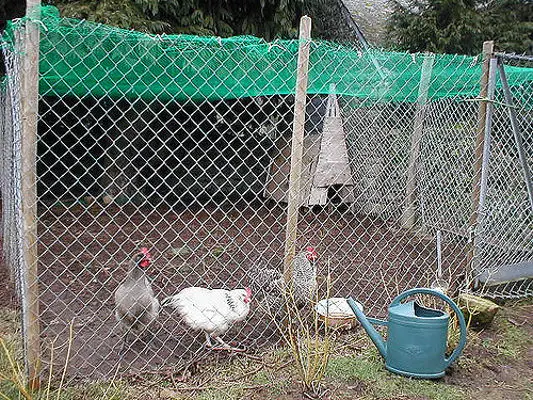The council share this latest news. Ed
A severe strain of highly pathogenic Avian Influenza (HPAI or bird flu) has been found in wild birds in Great Britain.
It can be passed from wild birds to poultry, causing birds to fall ill and die. It can be transmitted directly from bird to bird or via the environment, for example in wild bird droppings.
On 6 December 2016 a Prevention Zone was put in place across Great Britain as a precautionary measure. The Prevention Zone date has been extended until 28 of February 2017.
Keepers of poultry and captive birds must “house” them away from wild birds. They must maintain their biosecurity and keep a close watch on the health of their birds for any signs of disease.
If you suspect bird flu call the Defra helpline on 03000 200 301.
How to spot Avian Influenza
The main signs of highly pathogenic Avian Influenza (HPAI) in birds are:
- loss of appetite
- swollen head
- respiratory problems
- blue discolouration of neck and throat
- diarrhoea
- fewer eggs laid
- death
Ducks and geese may show minimal clinical signs.
If you find dead wild waterfowl (swans, geese or ducks) or other dead wild birds, such as gulls or birds of prey, you should report them to the Defra helpline (03459 33 55 77).
More info
The latest information is updated here
Further information can also be found on the iWight Website.





